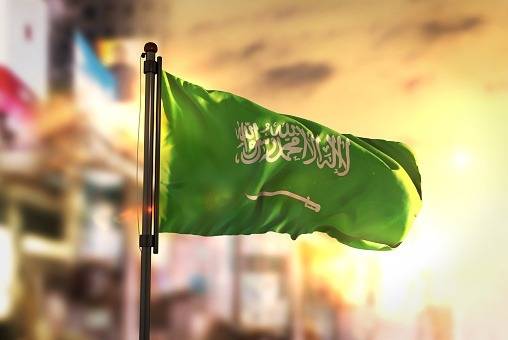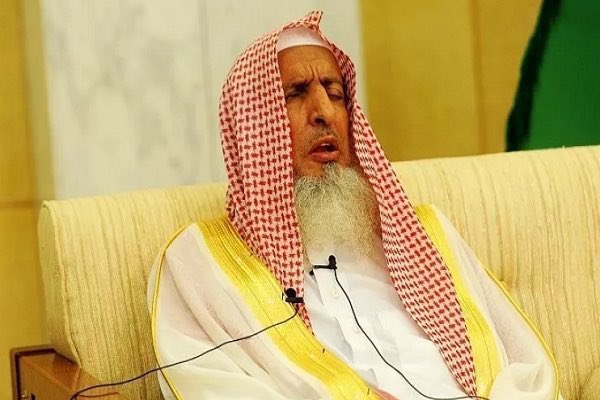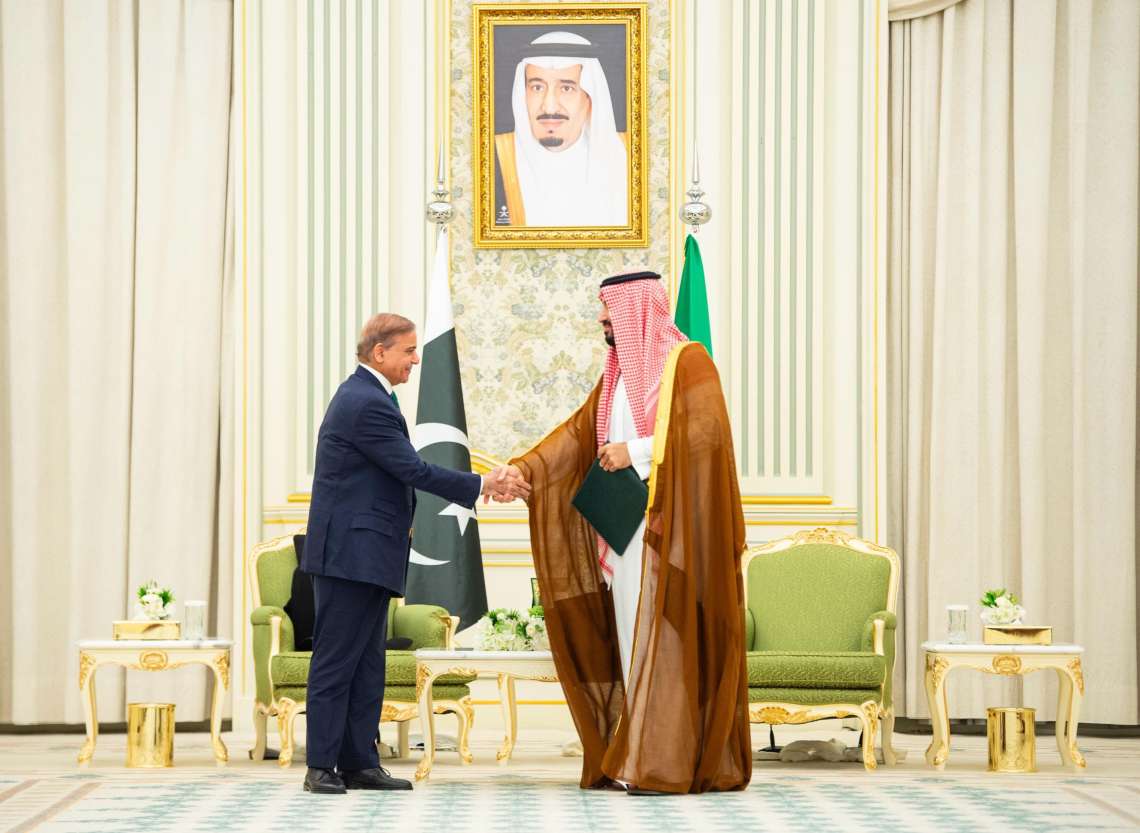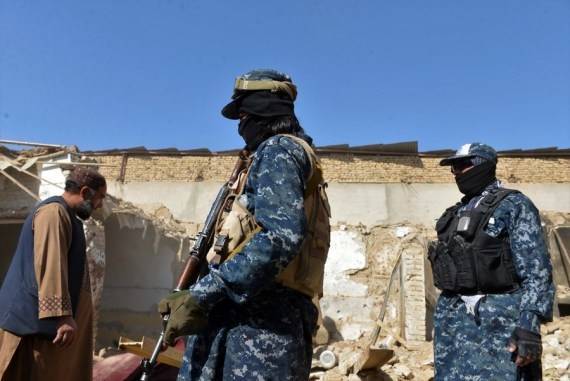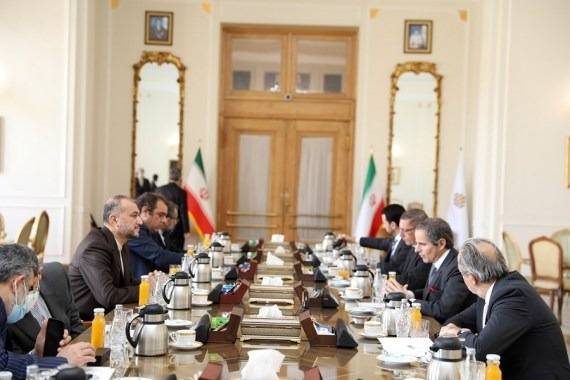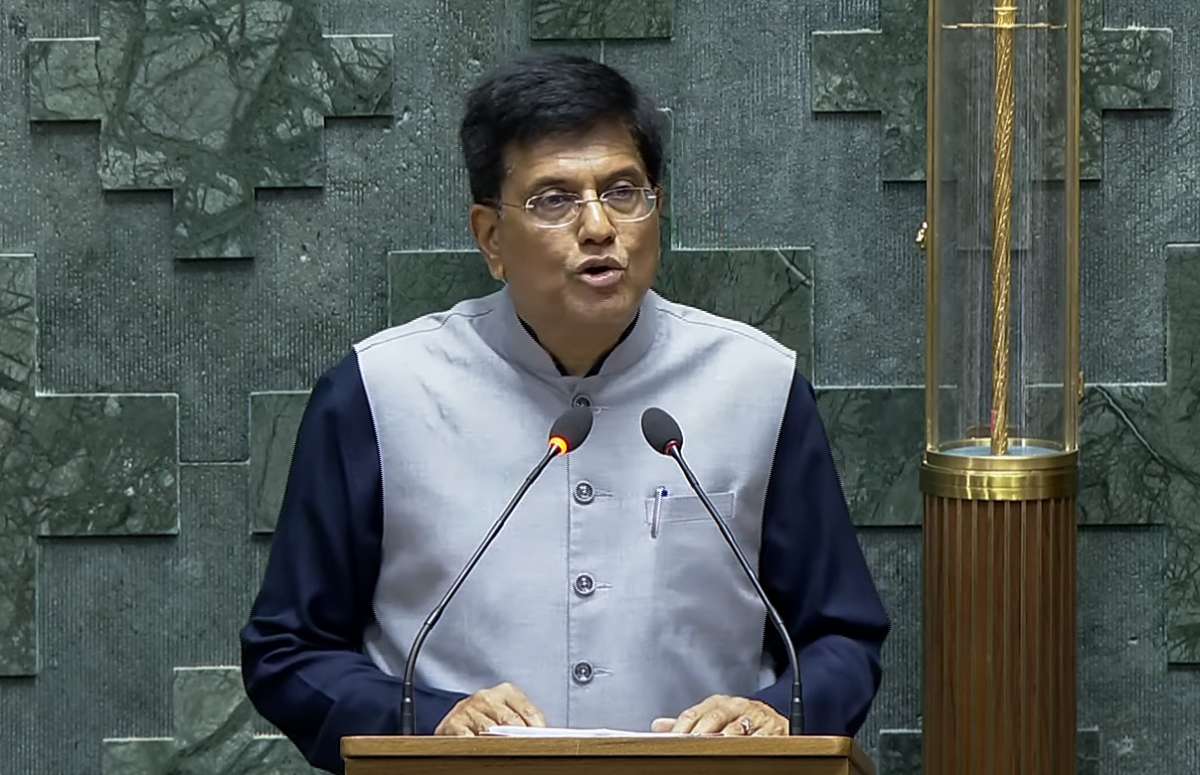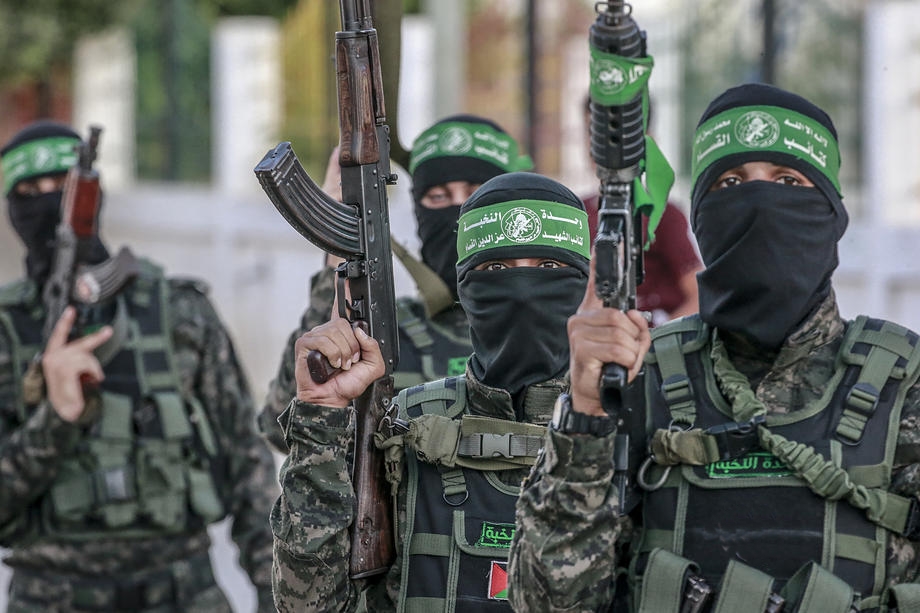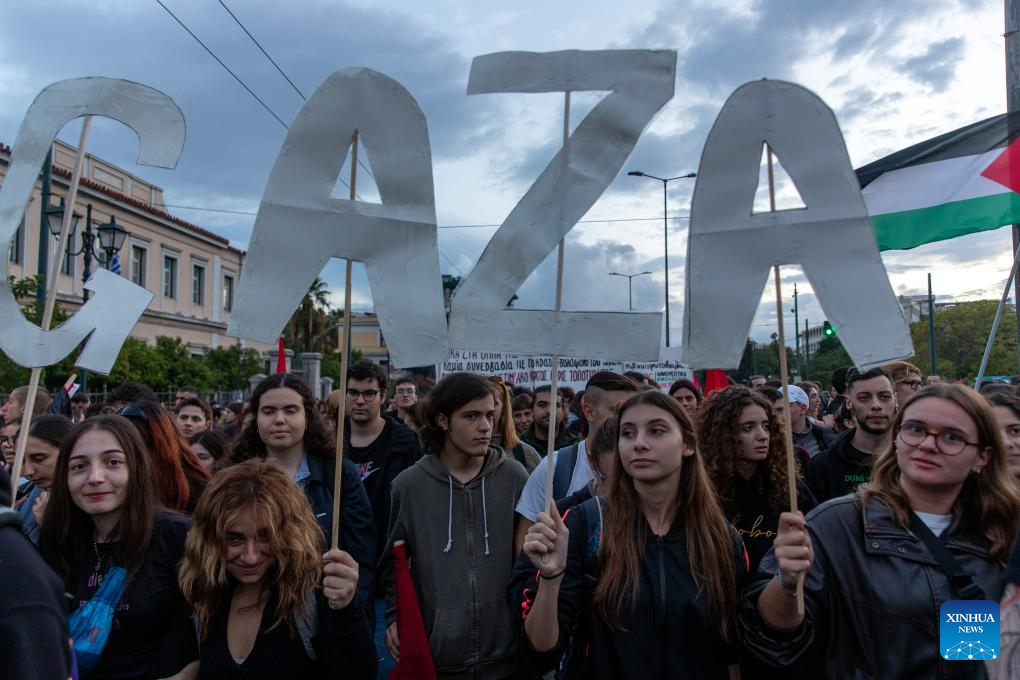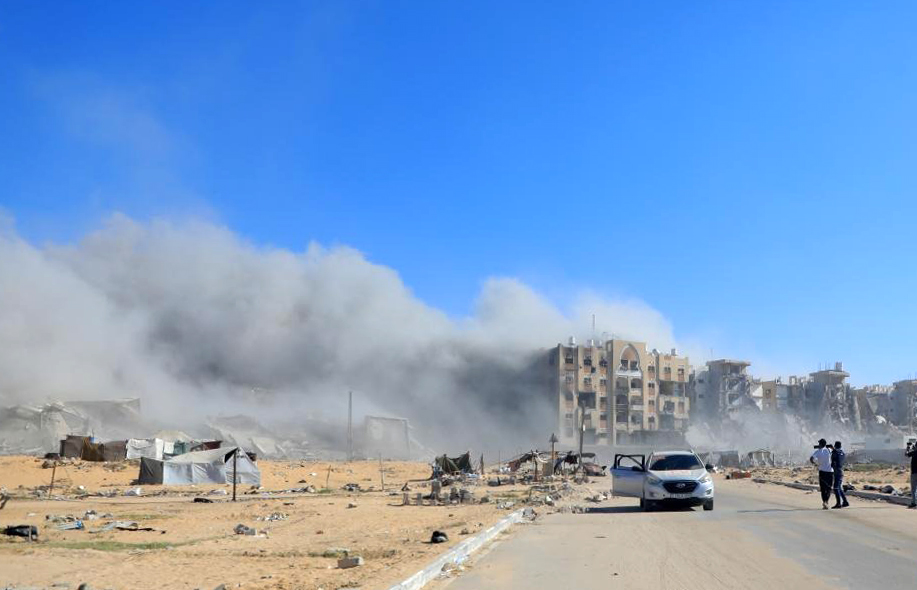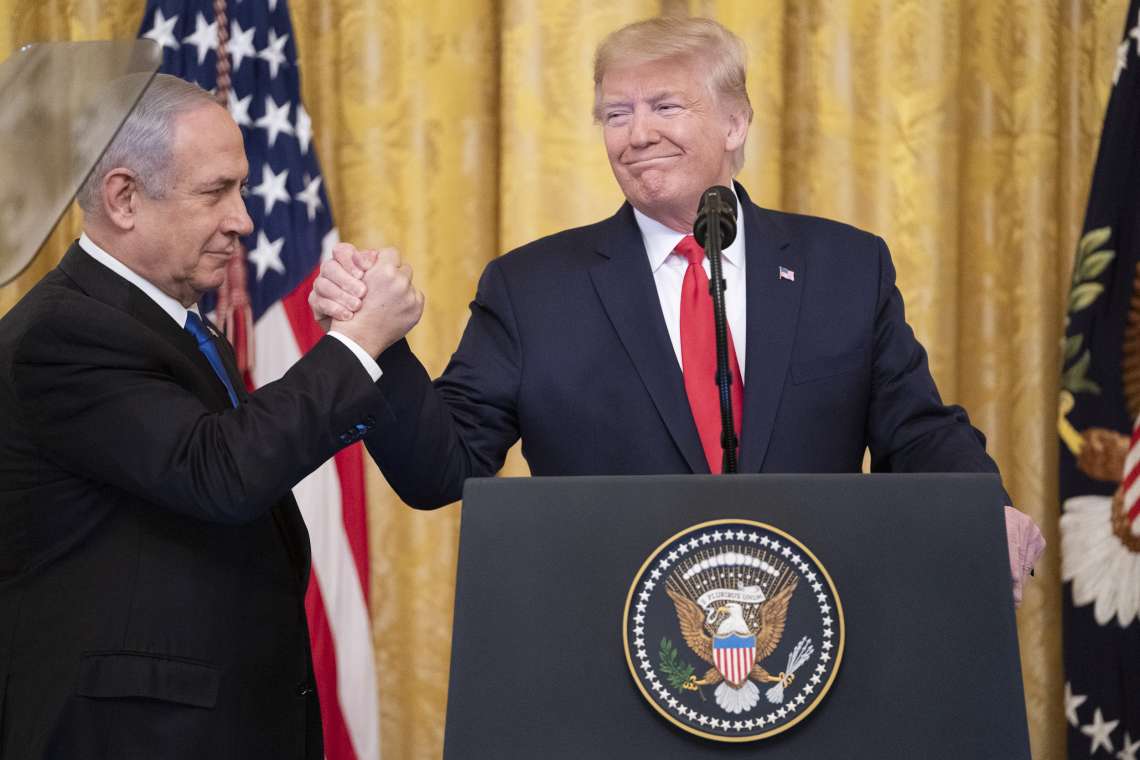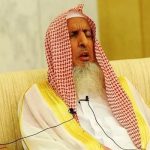Saudi Arabia, it seems is ready to renounce its enmity with its old foes and ready to amend ties with both Iran and Israel…writes Asad Mirza
Indications to the change in the Saudi view towards Iran and Israel came last week. In an interview given by the Saudi Crown Prince Mohammed Bin Salman (MBS) to SPA, the Saudi state news agency, and quoted by several international magazines, he is reported to have expressed desire to mend ties with Iran and Israel, its old foes.
Saudi Crown Prince Mohammed Bin Salman said Israel could become a “potential ally”; if the conflict with the Palestinians is resolved. On Iran MBS is reported to have said that the Islamic Republic and Saudi Arabia “are neighbours. Neighbours forever. We cannot get rid of them, and they can’t get rid of us. … So it’s better for both of us to work it out and to look for ways in which we can coexist.”
He is believed to have said that hopefully, we can reach a position that’s good for both countries and is going to create a brighter future for this country and Iran.
Saudi-Israel Ties
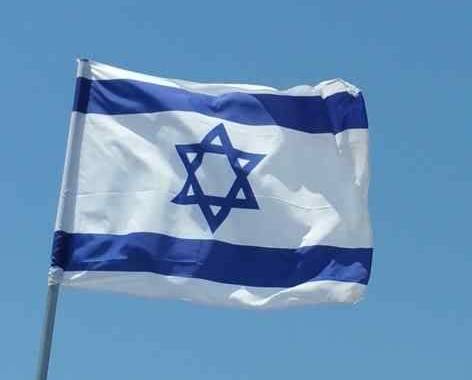
On restoring ties with Israel, he said that Saudi Arabia looks at it as a potential ally but before that it should solve its problems with the Palestinians. Historically Jerusalem and Riyadh do not maintain official diplomatic relations but do share many regional interests, especially with respect to their mutual foe, Iran.
Extensive behind-the-scenes diplomatic and intelligence cooperation between the Gulf kingdom and the Jewish state have been reported over the years in recent time and Israeli has made no secret of its wish to have Saudi Arabia join the historic Abraham Accords, as Bahrain and the UAE did, earlier. Saudi position has always been that, such a move could only be pursued after the Israeli-Palestinian conflict ends.
Saudi Arabia has repeatedly reiterated its commitment to the Arab parameters for peace with Israel expressed in the 2002 Saudi-proposed Arab Initiative, which calls for normalising relations with Tel Aviv in return for withdrawal from territories occupied in 1967.
Israel occupied East Jerusalem during the 1967 Arab-Israeli war and annexed the entire city in 1980 in a move that has never been recognised by the international community.
The recent overtures contrast to the Saudi stand and reactions to various Israeli activities in Palestine. In November last year, it condemned a visit by Israeli President Isaac Herzog to the Ibrahimi Mosque in the West Bank city of Hebron to celebrate the Jewish festival of Hanukkah.
Saudi Foreign Ministry had described the act as a “flagrant violation of the sanctity of the mosque, hostile and hurting feelings of Muslims all over the world”, adding the Israeli occupation will bear the consequences of this move. Prince Mohammed had then described the move “as a strong and wrong signal”.
ALSO READ: Saudi inks key deal Emirates to boost tourism
Hebron is home to roughly 1,60,000 Palestinian Muslims and about 800 Jewish settlers. The latter live in a series of Jewish-only enclaves heavily guarded by Israeli troops.
After the 1994 massacre of 29 Palestinian worshippers inside the mosque by extremist Jewish settler Baruch Goldstein, Israeli authorities had divided the mosque complex between Muslim and Jewish worshippers. However, now the 36-year-old MBS has described Israel as a “potential ally” and with many interests that we can pursue together… But we have to solve some issues before we get to that.”
In an interview with the Riyadh-based Arab News daily last year, Abdallah Al-Mouallimi, the kingdom’s permanent representative to the UN, had said Riyadh is committed to the Arab Initiative for peace, which calls for the end of the Israeli occupation of all Arab territories occupied in 1967 and the establishment of an independent Palestinian state with East Jerusalem as its capital in return of normalising ties with Israel.
“The official and latest Saudi position is that we are prepared to normalise relations with Israel as soon as Israel implements the elements of the Saudi peace initiative that was presented in 2002,” Al-Mouallimi had said. Last year only Israeli media had reported that a delegation of some 20 American Jewish leaders had visited Saudi Arabia and met with senior officials including at least six government ministers and senior representatives of the Saudi royal house in an effort to review possibilities of establishing ties between Riyadh and Tel Aviv.
Also there have been reports that now you can travel from Saudia to Israel easily, with immigration authorities overlooking Israeli visa on your passport. Earlier there have been many instances where a Saudi visa was denied as you had an Israeli visa on your passport. In addition many Saudi travel companies are now offering pilgrimage packages to Israel.
Saudi-Iran Relations
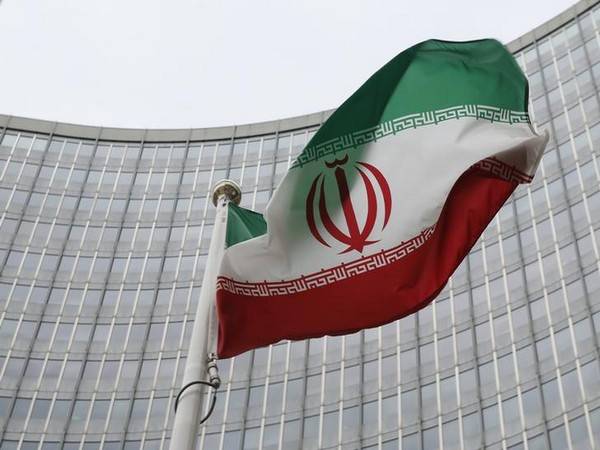
The Saudi relations with Iran, blamed by Gulf states for creating chaos in the region, have at the same time showed signs of improvement with several rounds of talks hosted by Iraq. MBS is reported to have said that it would be better for both Saudi and Iran to work it out and to look for ways in which they could coexist, and hopefully, can reach a position that’s good for both countries and is going to create a brighter future for his country and Iran.
Iran seems to have welcomed these remarks by MbS. Iranian Foreign Minister Hossein Amir-Abdollahian told state news agency IRNA, last week that it is a sign of Riyadh’s “desire” to restore severed ties, and welcomed these overtures.
In 2016, protesters had attacked Saudi diplomatic missions in Iran after the kingdom executed revered Shiite cleric Nimr Al Nimr. Riyadh had responded at the time by cutting ties with Tehran.
Recently the two countries have held four rounds of talks in Iraq since April aimed at improving relations. These talks have been described by the Iranian diplomats as creating a good atmosphere and have delivered results, albeit small ones. Iran has also appreciated Saudi desire to take the path of dialogue, though both parties have different views and approaches on some issues in the region, but the management of differences by the sides can serve the interests of the two nations much better.
ALSO READ: Saudi hopes to reach deal with Iran
MBS, who is seen as the harbinger of change in the tradition-moulded kingdom, has embarked on several projects to make Saudi economy more resilient to the global changes and demands. He has also ushered in some societal reforms and is being credited with planning and delivering the Neom city, which is being billed as a completely new concept in human dwelling habits.
His latest views on both Israel and Iran seems to be inspired by his futuristic vision for the kingdom but are also seeped in traditional wisdom and a will to change old ways as per the requirements of the new world. With reports of his father being very ill, these steps are also aimed at improving his image as a national leader globally, besides portraying him as a leader who is ready to change with the winds of change.

